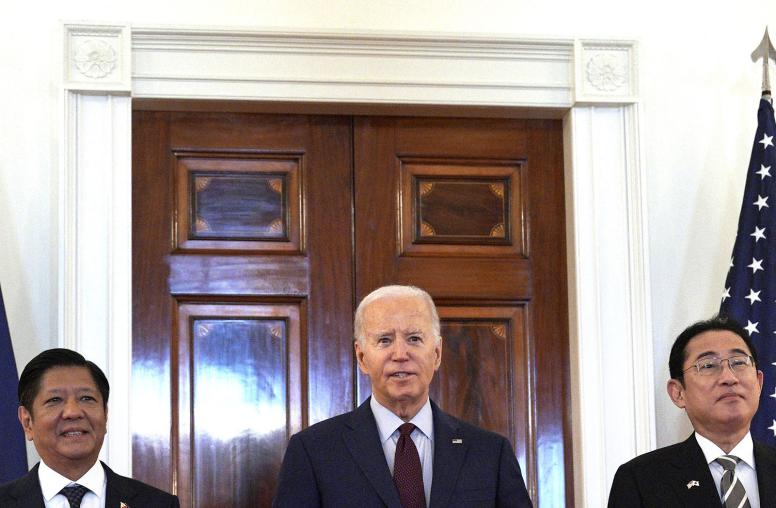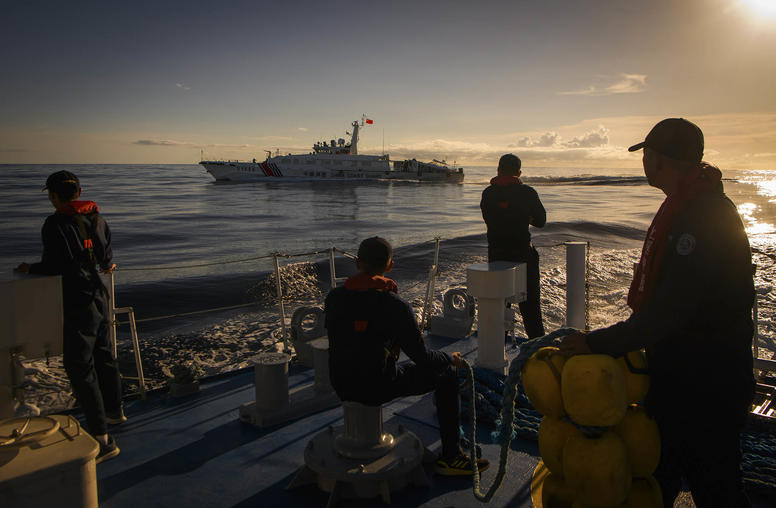Peace and Development in Mindanao: Kicking the Can Down the Road...
Despite nearly three years of effort, the Government of the Republic of the Philippines (GRP) and the Moro Islamic Liberation Front (MILF) have been unable to conclude their negotiations on ancestral domain issues. Although the 12 rounds of exploratory talks have narrowed the gaps, the final issue of the territorial extent of an autonomous Bangsamoro homeland remains the most difficult to resolve.
Dr. Steven Rood, the Asia Foundation Country Representative in the Philippines, is one of the most experienced, active, and knowledgeable observers of the Mindanao conflict. His perspectives on the ongoing peace process and the chances of getting a final peace agreement will help clarify key issues of how the GRP-MILF talks relate to broader issues of security, terrorism, and Philippine political trends.
Speakers
- Dr. Steven Rood
Country Representative, Philippines and Pacific Island Nations | The Asia Foundation - G. Eugene Martin, Moderator
Executive Director, Philippine Facilitation Project | U.S. Institute of Peace
Archived Audio
To listen to audio or to view video, please click on the links provided below. You also can right click on the links and choose "Save Target As" or "Download Linked File." This will save the file to your computer and then allow you to play it in your media player directly. More Audio Help.
- Listen to the audio from this event.
1:13:13 - 13.1MB



